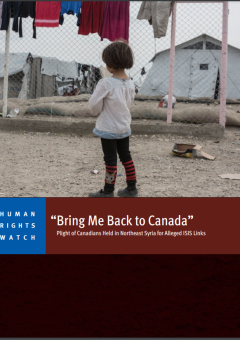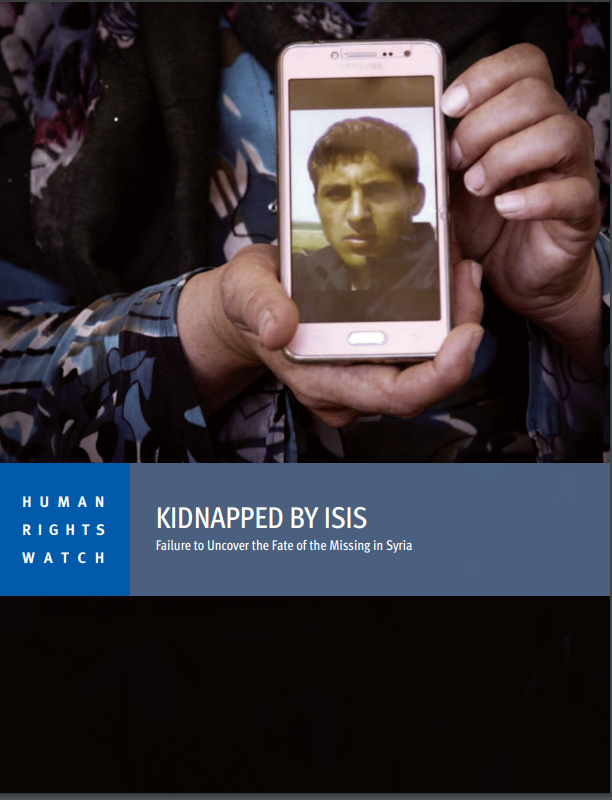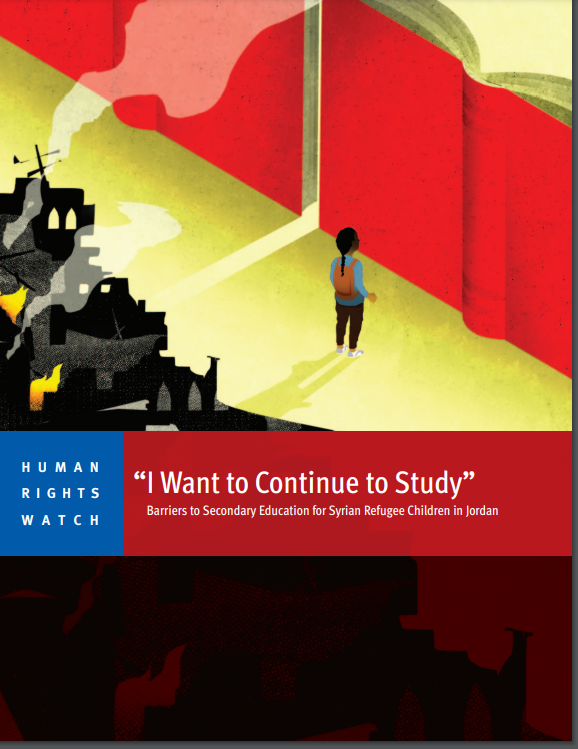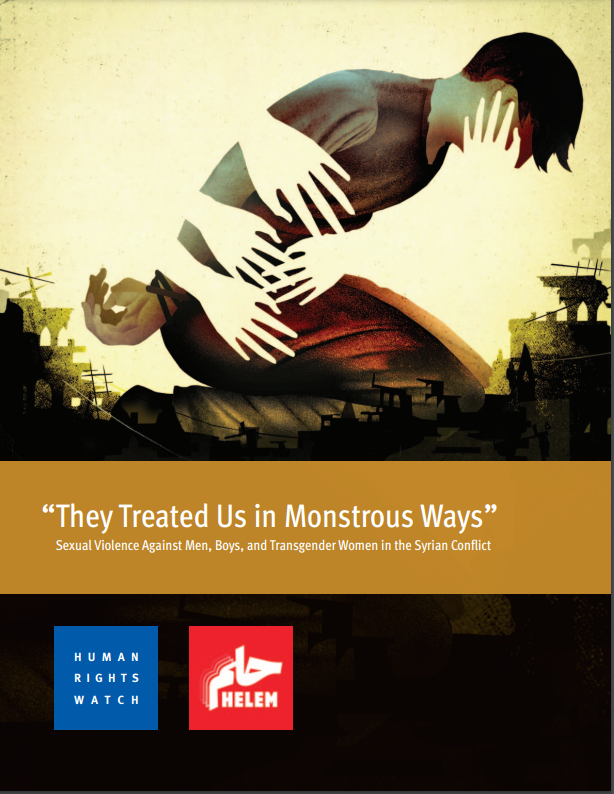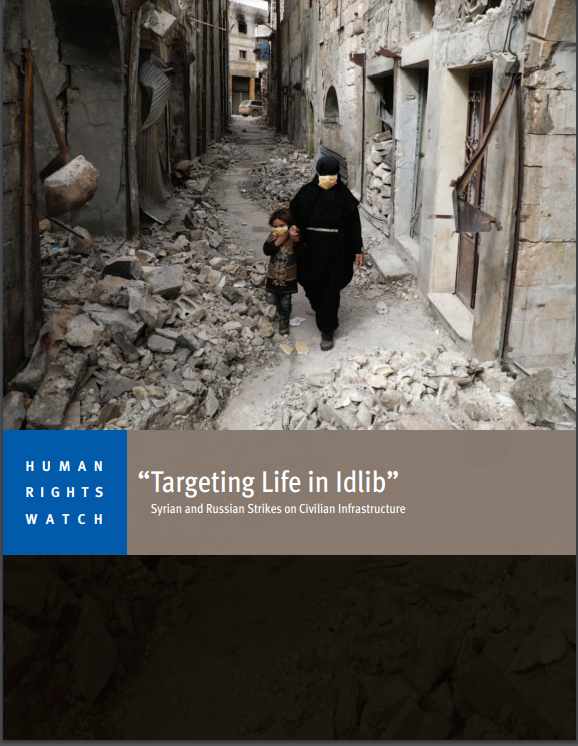More than one year ago, in March 2019, local fighters aided by a US-led, international coalition routed the Islamic State (ISIS) from the Syrian town of Baghouz, the last holdout of the group’s self-declared caliphate. In addition to capturing Syrians, the US-backed fighters, called the Syrian Democratic Forces (SDF), rounded up thousands of others who had been living under ISIS—men, women, and children from more than 60 countries. Since then, these foreigners have been arbitrarily detained in filthy and often inhuman and life-threatening conditions by authorities in northeast Syria, with the tacit approval of the Global Coalition Against ISIS, whose members include Canada. The detainees include at least 47 Canadians.
Like the other foreigners, the Canadians—8 men, 13 women, and 26 children, most under age 6—have not been charged with any crime. Nor have northeast Syrian authorities brought them before a judge to review the legality and necessity of their detention. The innocent, such as the children who never chose to be born or live under ISIS, have no hope of leaving. Meanwhile, any detainees potentially implicated in ISIS crimes may never face justice.
In makeshift prisons for men and adolescent boys, food is scarce and overcrowding is so severe that many of the detainees must sleep shoulder to shoulder. More than 100 prisoners and possibly several hundred have died, many from lack of care, since mid-2019. In locked camps for women, girls, and younger boys, tents collapse in strong winds or flood with rain or sewage. Some women, including at least one Canadian, say they are on an ISIS “kill list” for not supporting the group. Drinking water is often contaminated or in short supply. Latrines are overflowing, wild dogs scavenge mounds of garbage littering the grounds, and illnesses including viral infections are rampant. Medical care is grossly inadequate. The Kurdish Red Crescent reported that at least 517 people, 371 of them children, died in 2019, many from preventable diseases, in al-Hol—the larger of two camps for women and children, with about 65,000 detainees.
For months and in some cases years, the detained Canadians have been begging to come home, with many of the adults among them saying they are ready to stand trial for any suspected ISIS crimes. At the same time, family members in Canada have been beseeching the Canadian government to help them bring home their relatives. Four relatives even traveled to northeast Syria in failed quests to help their detained loved ones. The Kurdish-led Autonomous Administration for Northeast Syria, which is detaining the foreigners, has repeatedly called on all countries to repatriate their nationals or provide them with funds to investigate and prosecute suspects locally.
Canadian officials met the Autonomous Administration in 2018 to discuss repatriations, but Canada has yet to bring home or facilitate the return of any of its citizens—not even children like Amira, a 5-year-old orphan who said her parents and three siblings were killed in Baghouz during a 2019 air strike.
This report finds that the government of Canada is flouting its international human rights obligations toward Canadians who are arbitrarily detained in northeast Syria and providing inadequate support to family members seeking to provide their loved ones with essentials such as food and medicine, and to bring them home. The obligations that Canada has breached include taking necessary and reasonable steps to assist nationals abroad facing serious abuses including risks to life, torture, and inhuman and degrading treatment.
The report also finds that the Canadian government may be unlawfully withholding or limiting effective consular assistance to its citizens detained in northeast Syria based on their suspected links to ISIS—a transnational, Islamist armed group that has committed countless atrocities including war crimes, crimes against humanity, and apparent genocide. International law forbids withholding consular services in a discriminatory or arbitrary manner because of factors such as a person’s religion or their political or other views.

